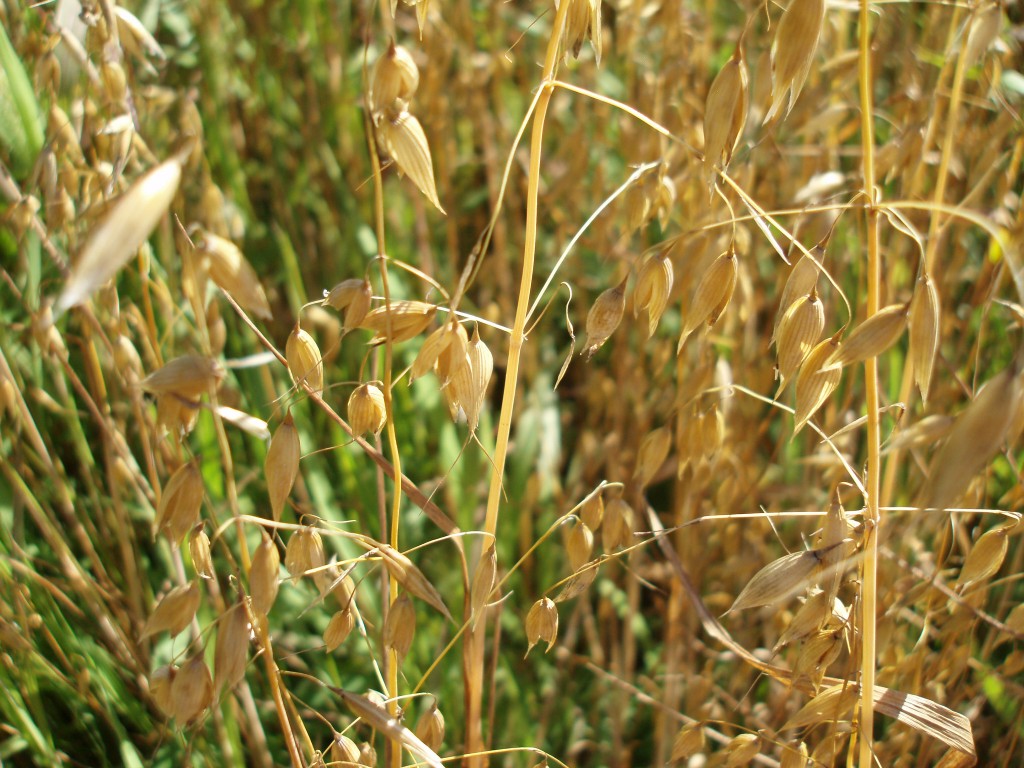A Commitment to Using Local Agricultural Products & Conserving Agricultural Land
We’re making it our business to utilize the most locally grown ingredients in our products, using a “Grain-to-Glass” model for the operation on our 80 acre property. This means that we have taken pains to plan farming & production in such a way that the agricultural products we use to craft the beverage that ends up in your glass don’t have to travel very far. This also gives us the opportunity to work intimately with and form a close relationship with the farmers growing these crops. It also means that we know exactly where our ingredients come from, which means a higher quality product for you.
Small Batches = Higher Quality and Increased Product Creativity
Working with smaller batches allows our Distiller, our Brewer and their team to work closely on each of our products, allowing for greater attention to detail and quality. Small batches also allow us to create unique, one-off products that we otherwise might not be able to produce, which in turn gives us a chance to be creative and gives you a greater variety of product to enjoy.
“… Our size gives us the ability to chase unique flavors and experiment within the framework of what a whiskey “is.” There’s a lot of traditional knowledge that goes into making spirits, but the small tweaks that we can do batch-to-batch are where we get the most unique character from.” – Joe Nelson, Distiller
Collaboration = Sustainability
TimberFish Technologies broke ground for their commercial demonstration project at our Westfield location in 2016. This project will produce fish by reusing all the byproduct nutrients from the distillery and brewery production at the site. These will be combined with locally produced wood chips to sustainably generate a food chain that produces contaminant free, high quality fish such as trout and salmon at an economically attractive price. The facility will also produce clean water, and a high energy biofuel. Find more information on the Timberfish Project here.
